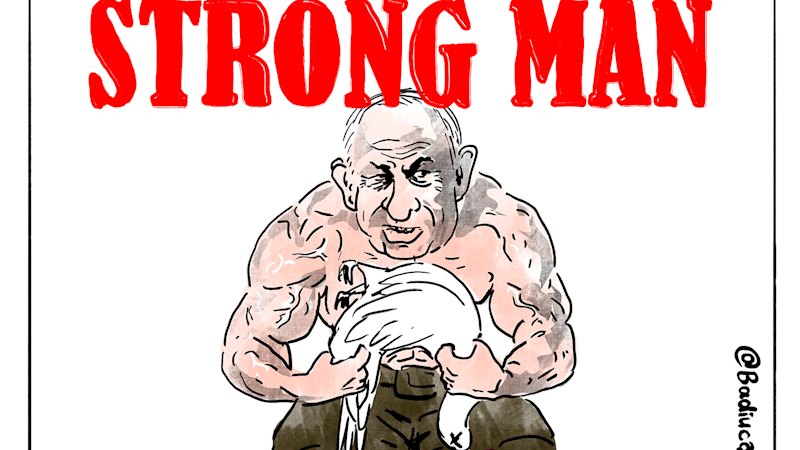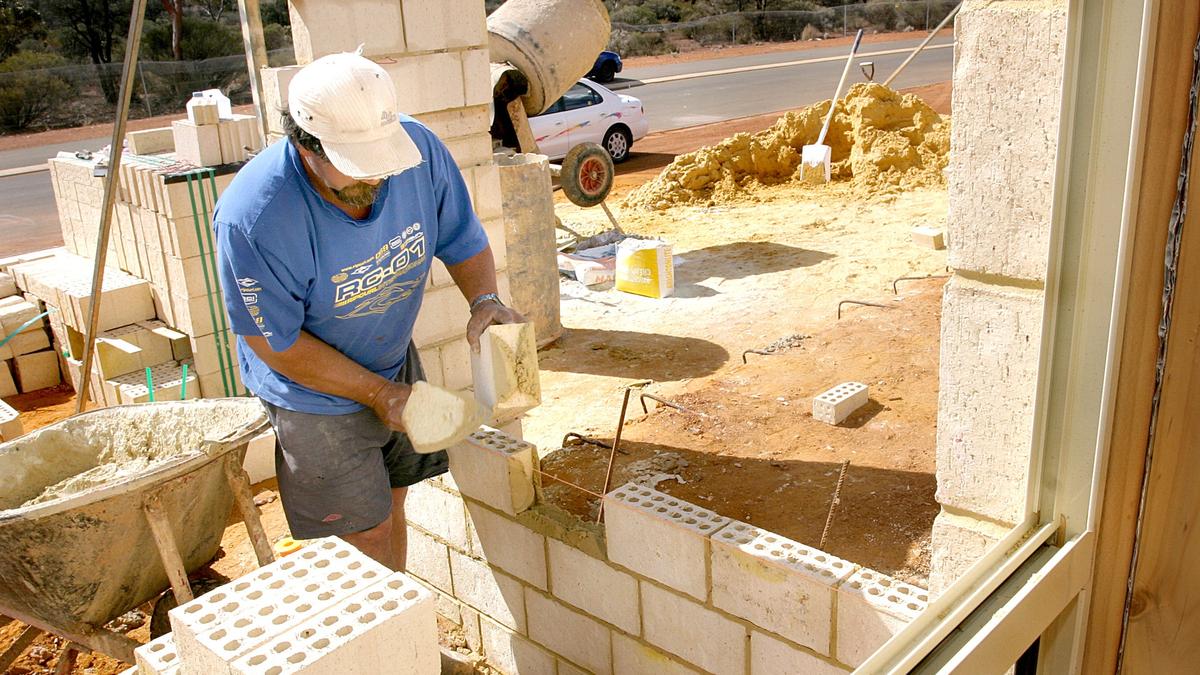
The ongoing humanitarian crisis in Palestine has intensified calls for action, as reports of severe human rights violations continue to emerge. Recent statements from Israeli officials, including Finance Minister Bezalel Smotrich, suggest a grim outlook for the Palestinian state, with Smotrich declaring that “the Palestinian State is being erased from the table.” This sentiment echoes through various segments of society, prompting widespread condemnation and protests across Australia and beyond.
Human rights organizations have documented numerous atrocities, including the bombing of refugee camps, schools, and hospitals in Gaza, leading to civilian casualties and widespread starvation. Reports indicate that around 500,000 individuals in Gaza are facing famine conditions, a situation described by physicians and aid groups as a deliberate act of mass starvation imposed by Israeli military actions.
Growing Concern and Calls for Action
The response from Australian citizens has been increasingly vocal. Many are demonstrating their discontent through rallies, personal boycotts, and letter-writing campaigns, expressing their frustration with the lack of significant governmental action to address the ongoing violations in Palestine. Leigh Ackland from Deepdene articulates this sentiment, stating that the political apathy displayed by governments is a “blight on humanity.”
Others echo similar frustrations and call for a more robust international response. John Alley from Thurgoona questions the terminology used to describe the crisis, arguing that the term “famine” implies a natural disaster rather than the result of deliberate actions by the Israeli government. This perspective highlights the complexity and urgency of the humanitarian situation.
Debate Over Responsibility and Peace Initiatives
The discourse surrounding the conflict remains contentious. David Raymond from Doncaster East challenges the notion that peace can be achieved simply by Hamas releasing hostages, suggesting that Israeli Prime Minister Benjamin Netanyahu would not cease military operations in Gaza even under those conditions.
The humanitarian impact is profound, with many calling for immediate measures to provide food, water, and medical aid to those affected. Meryl Tobin from Grantville emphasizes the moral imperative of addressing the suffering of children and families in Gaza, asserting that “history will judge Netanyahu” for his actions and those who support him.
Michael Meszaros from Alphington adds another layer, arguing that the recognition of a Palestinian state is crucial for lasting peace. He asserts that both Israel and Palestine require security assurances to foster an environment conducive to reconciliation.
As the international community watches closely, the urgency for a ceasefire and humanitarian relief grows. Activists and concerned citizens are mobilizing, hoping to influence their governments to take meaningful action. The situation in Palestine has sparked not only outrage but also a renewed sense of responsibility among Australians, who are increasingly unwilling to remain silent in the face of such humanitarian crises.
In this time of escalating tensions and widespread suffering, the call for accountability and action resonates strongly. As the situation continues to unfold, it remains imperative for governments and leaders worldwide to respond decisively to the humanitarian needs of those caught in the conflict.





